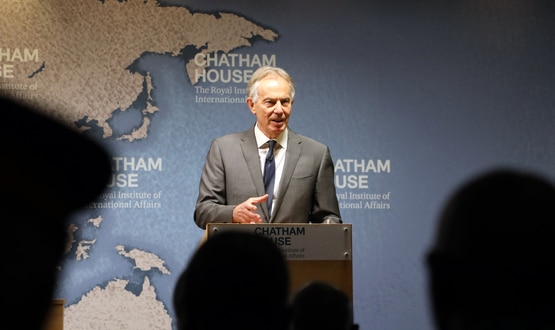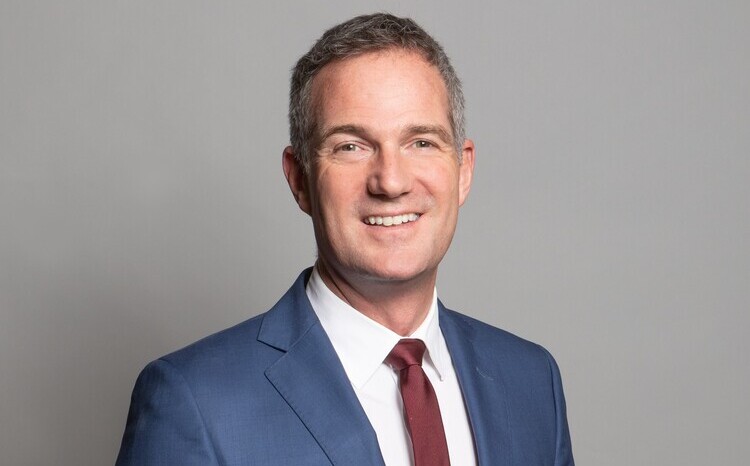Blair Institute calls for public-private NHS Data Trust
- 25 January 2024

The NHS should establish a new public-private NHS Data Trust to commercialise and sell access to anonymised NHS medical records to help develop the biotech and AI sectors and new treatments for patients, says a new report by the Tony Blair Institute for Global Change.
As well as recommending a new NHS Data Trust the report recommends investments to develop personalised AI doctors and the creation of personal health accounts to enable users to manage their personal health data.
The paper by the former prime minister’s think tank says that harnessing the coming revolution in biotechnology and AI are critical to future economic growth.
‘A New National Purpose: Leading the Biotech Revolution’ is attributed as a joint report by Sir Tony Blair and former Tory leader Lord William Hague.
The new report follows two earlier AI papers published in 2023, and argues the innovations at the intersection of AI, biotechnology and data have the potential to be a critical driver for future growth and prosperity but will require policy action and investment.
The report states: “Accelerated by new discoveries, AI and the availability of data, biotech is offering a future with new cures and treatments for many diseases, more personalised and effective health care…”
The report says that while the UK has huge advantages in health data assets, it also has significant problems with fragmentation, governance models that leave the individual ‘unempowered’, and poor data quality. Data is also said to often not be ‘AI ready’.
To give citizens direct control over their data it recommends the creation of personal health accounts linked to the NHS App.
“These [PHA] accounts would serve as a single, cloud-based platform connecting individual health data. The NHS App would act as the digital front door; individuals could use their information to manage health-care interactions such as booking appointments, accessing medical records and managing treatments,” says the report.
To help provide supporting infrastructure and environment the reports proposes changing the way health data is used to create a new NHS Data Trust.
“We propose establishing an NHS Data Trust, with a controlling stake owned by the NHS and additional investments from companies,” states the report.
On the governance of patient data the report states. “A transparent governance model would ensure that our data remain safe and that NHSDT’s operations align with public-health objectives, not private capital’s.”
It adds: “While strictly preserving privacy and preventing misuse, this structure would permit health data to be of massive benefit to research, public health and patient treatment.”
The report goes on to state “Owned and controlled by the NHS in collaboration with trusted external partners, the NHSDT would treat NHS data as a competitive asset whose value can be realised for the benefit of the public. This would involve providing anonymised data to research entities, including biotech companies, in return for financial profit that would then benefit our health service.”
Opening up patient data for research is seen as essential to the creation of the second recommendation: “The MediMind laboratory network to work towards personalised AI doctors in partnership with industry and the National Health Service, using artificial intelligence to help doctors treat people in a way that is cost-effective, relieving the pressure on our struggling NHS.”
The report envisages an AI-enabled near-future health system based on personalised AI doctors. “Ultimately, personalised AI doctors would support health-care professionals in delivering more cost-effective and timely treatment.”
The Tony Blair Institute is a consistent advocate of technological policy prescriptions internationally, including digital ID cards, AI and biotech and opening access to digital health records.
The Institute which was reported to generate revenue of £65m in 2021 is reliant on corporate and government clients and donations. According to the Guardian, donors include Larry Ellison, founder and owner of Oracle, which bough Cerner for $28 billion in 2022.





1 Comments
Finally. Like I said, the secret of consent? Get consent. Empower citizens to unleash their data for the good of the country.
Comments are closed.